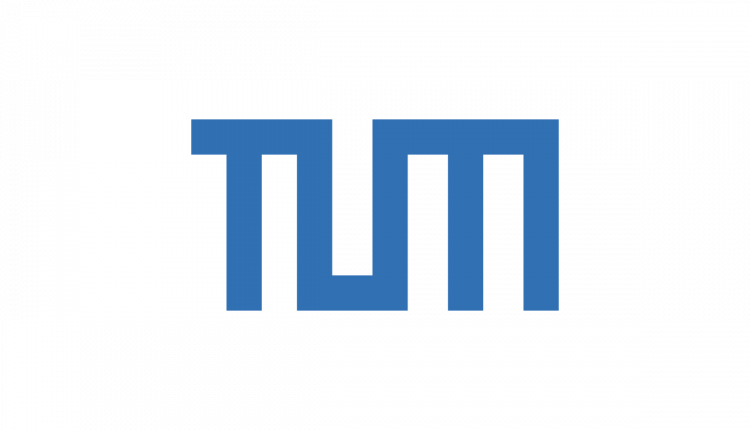Technical University of Munich: TUM succeeds in program for young Artificial Intelligence talents
The Technical University of Munich (TUM) has achieved two major successes in the global competition for the leading Artificial Intelligence researchers of the future. The German Academic Exchange Service (DAAD) will fund two “Konrad Zuse Schools” for Artificial Intelligence in which TUM will play decisive roles. The decision was announced on Wednesday.
he programs are addressed to German and international Master’s and doctoral degree candidates who then receive scholarships or employment contracts in order to continue their academic education in Germany. The objective is to bind them in the long term to Germany as a research location, or to pave their way into Germany’s leading industries after earning their degree.
TUM President Prof. Thomas F. Hofmann said: “This is a tremendous success and a clear boost to our Munich Data Science Institute (MDSI). These support decisions make the MDSI even more attractive to talented young individuals and increase its international visibility in science as the central interface and innovation platform at TUM for questions and solutions in the areas of Data Science, Machine Learning and Artificial Intelligence.”
Reliable and application-oriented Artificial Intelligence
In the future the “Konrad Zuse School of Excellence in Reliable Artificial Intelligence”, where TUM is represented by Prof. Stephan Günnemann, will address the foundations of reliable of Artificial Intelligence, its utilization in critical application areas and the resulting societal implications. Research and teaching will take place in a network that includes Ludwig-Maximilians-Universität Munich (LMU), international AI centers, non-university research organizations and over 15 partners in industry.
Prof. Günnemann said: “We are opening up excellent career paths to talented young researchers from around the world. They can use the program to establish themselves in the academic world or to put the topic of Artificial Intelligence into industrial application. Here reliable Artificial Intelligence plays a prominent role, especially for Germany as a location for innovation which will profit greatly from the creativity and expertise of the talented young people being educated.”
TUM is also centrally represented by Prof. Daniel Cremers in the “Konrad Zuse School of Excellence in Learning and Intelligent Systems ELIZA”. From the TUM standpoint, the main focus is on the foundations of Machine Learning and their application in topical areas such as autonomous systems, robotics, computer vision, earth observation and biomedicine.
Cremers said: “We want to bring the most talented young individuals to Germany and retain them. In particular, the collaboration of renowned experts at Germany’s leading Machine Learning centers will attract fantastic minds: After all, talent is ultimately attracted by talent. We offer an academic environment in this program which is on equal terms with the elite universities of the world.”
“Konrad Zuse Schools”
The Schools, named after the inventor of the computer, Konrad Zuse, are to reinforce AI education at the Master’s and doctoral degree levels with inter-university, innovative teaching and learning formats and a close connection to the digital economy. DAAD cites continuous funding from the Master’s to the doctoral degree and a comprehensive support concept as special characteristics of the Schools.
A total of 18 project proposals were submitted. Three projects were selected throughout Germany, including one led by TUM and one in which TUM is centrally involved. The German Federal Ministry of Education and Research will provide initial funding of 24 million euros for the “Konrad Zuse Schools” over the upcoming years.

